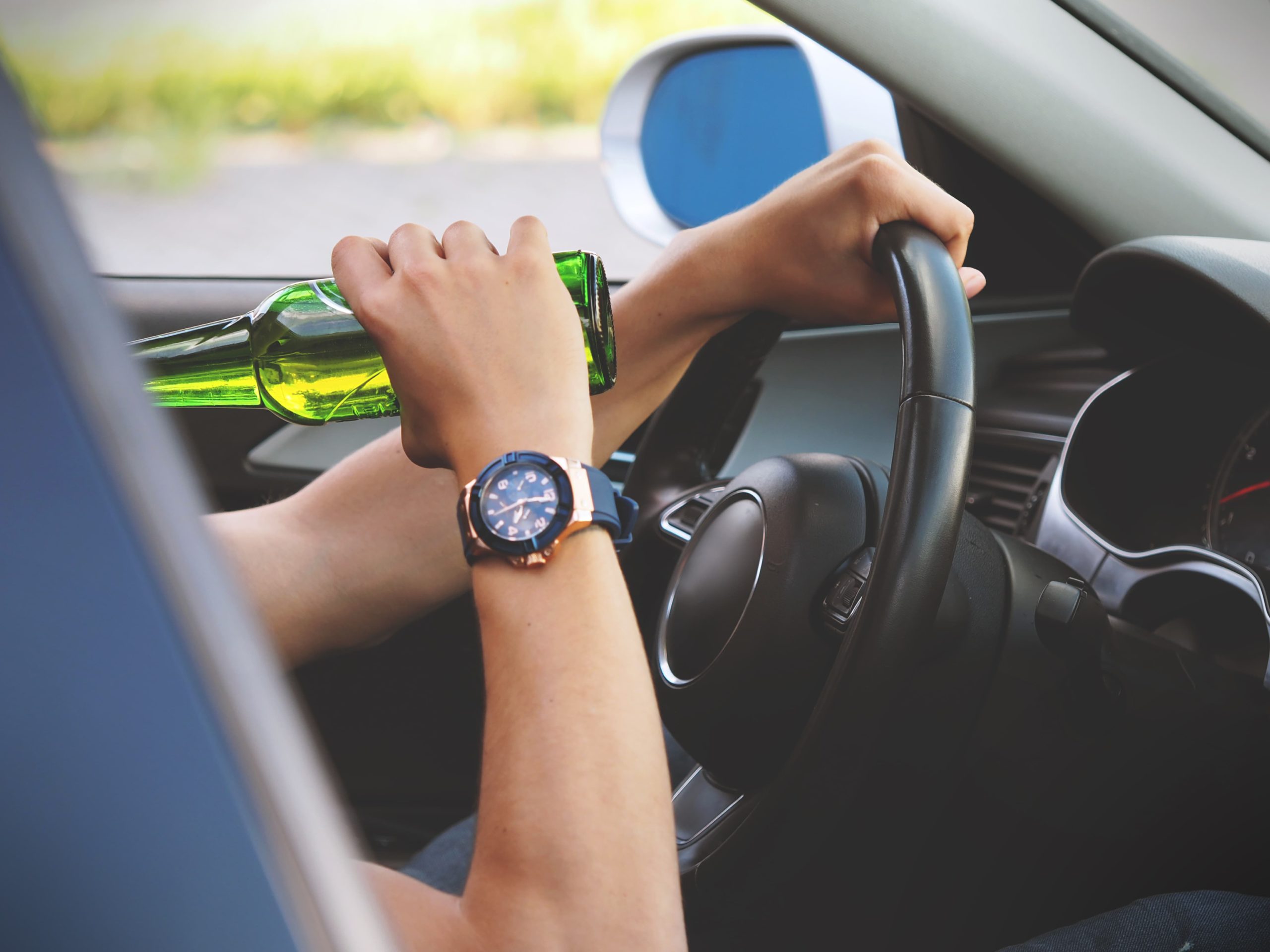To Blow Or Not To Blow If You’re Drinking And Driving
Car Accident
I’ve been practicing personal injury law for more than 35 years–the law dealing with obtaining fair and just compensation for clients who are injured by someone else’s negligence. But year after year, especially around holidays, the most frequent question I get asked as a lawyer deals with a widespread issue of criminal law: “If I get stopped for a DWI or DUI, should I take the field sobriety test (FST) and/or should I blow in the intoxilyzer machine for blood alcohol content?”
FIRST AND FOREMOST: Don’t drink or drug and drive impaired. Get or hire a designated driver. Call someone for help. Call a cab. Hell, call me: I’ll find you a ride. You can also buy rather inexpensive handheld intoxilyzer devices to keep in your car. They might not be perfect, but they’ll give you a good idea if your blood alcohol is above the adult limit of .08 BAC (blood alcohol content). If it is, take a walk before driving away, drink a gallon of water, grab some food. And wait a while. I’ve been told that the body absorbs and eliminates totally one drink per hour on average.
But after this “avoid the question by redirecting the topic” diatribe is over, I usually get the same question: “Okay, Jerry,” they quickly retort. “But suppose I didn’t get help and I didn’t have a handheld intoxilyzer. If I have been drinking and get stopped, should I take the FST and should I blow?”
AND NOW, THE ‘ANSWERS’:
1. U.S. and Louisiana Constitutional law guarantee all of us the right to be free of unreasonable searches and seizures. For a police officer to stop you in your car, he either has to have ‘probable cause’ that you’ve committed a crime or be involved in a pre-publicized DWI checkpoint operation. So if your tail light is out, you inadvertently cross the center line, or drive over the speed limit, a cop has probable cause to stop you. Once you’re stopped, he may come to your car’s window or ask you to get out. He’ll probably get close enough to smell your breath, look at your eyes for bloodshot, observe your demeanor, and ask a few questions to see if your speech is slurred. The only way I know to prevent this, and I’m not sure that the prevention won’t bring on a host of additional problems from the officer and The System, is to keep your window closed and hand your paperwork to the officer through a small slot in the window, then close it again.
2. If the officer asks you to perform a FST, you have the right to refuse to perform the test. It’s your basic right against self incrimination that’s at play here, right at the beginning of the process and even before you are officially charged. By all means, do not allow the officer to perform the horizontal nystagmus test–you know, the one where they ask you to follow the light with just your eyes and without moving your head. Or walk the line or stand on one foot. Give him your driver’s license, registration and proof of insurance and try not to say a word. This FST is a very subjective test. Its results can be skewed by a person with physical disabilities, and the nystagmus test if truly subjective.
3. If the officer asks or directs you to blow into the intoxilyzer machine, my advice depends on how much you’ve had to drink. If you KNOW you’re sober, blow into the damn thing. Anything under .08 for adults (a lot less for young folks) means no presumption of intoxication and usually no charge. If you KNOW you’re drunk, politely refuse to blow into the machine. BUT HERE COMES A FEW BIG CAVEATS AND ONLY YOU CAN KNOW THIS: In some jurisdictions, cops who think you’re drunk when you’ve refused the FST and the drunk machine will seek a warrant from the late-night on-duty judge, asking for a sample of not your breath, but your blood. If this warrant is signed, a nurse will quickly show up and draw the red stuff out of your arm, like it or not. And guess what? That red stuff will show not only alcohol level, but also the presence of numerous other substances, like THC in pot, opiates in hydrocodone, other opioid pain relievers and heroin, benzodiazapams in Xanax (alprazolam) and Valium, meth, cocaine and other popular powders. The presence of these could sink your boat on the impairment issue, especially if confirmed by gas chromatography or other accepted confirmatory methods. Also, refusal to take the breath test results in an automatic suspension of your driver’s license for a long time. SO PROCEED WITH CAUTION ON THESE QUESTIONS. A lot depends on how much over what length of time you’ve consumed alcoholic beverages. A lot depends on the jurisdiction you’re in. A lot depends on whether you’ve consumed other substances. If you blow above a .08, the cop will often just give you a ticket for drunk driving and not go through the hassle of waking a judge up late at night for a warrant for other purposes. But if you blow a 0.00 or some small amount, and, yet, you’re just goofily messed up, the cop–no dummies here–may just go for the blood warrant anyway. SO, YOU DECIDE FOR YOURSELF. THE ABOVE ARE ONLY SOME OBSERVATIONS I’VE MADE OVER THE YEARS. THEY ARE NOT LEGAL ADVICE!!!!!! PROCEED WITH CAUTION IN THIS AREA.
Which brings me back to FIRST AND FOREMOST: Don’t drink and drive. Don’t drive impaired. A DWI will cost you tons in time, money and maybe heartbreak if you’ve killed or maimed someone else. It will also subject you to PUNITIVE DAMAGES, in addition to regular damages for medical expenses, lost wages and pain and suffering. Get a designated driver or stay home.

